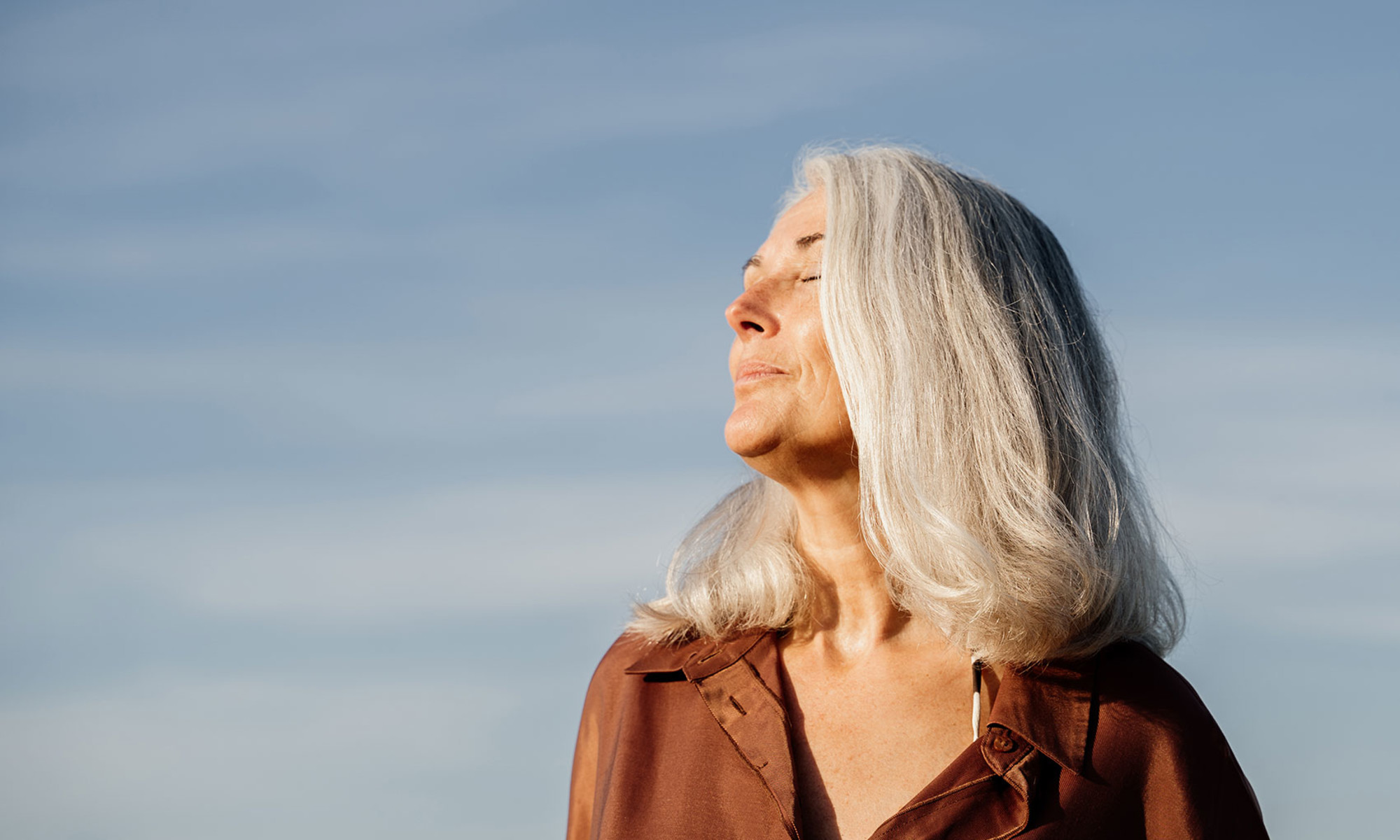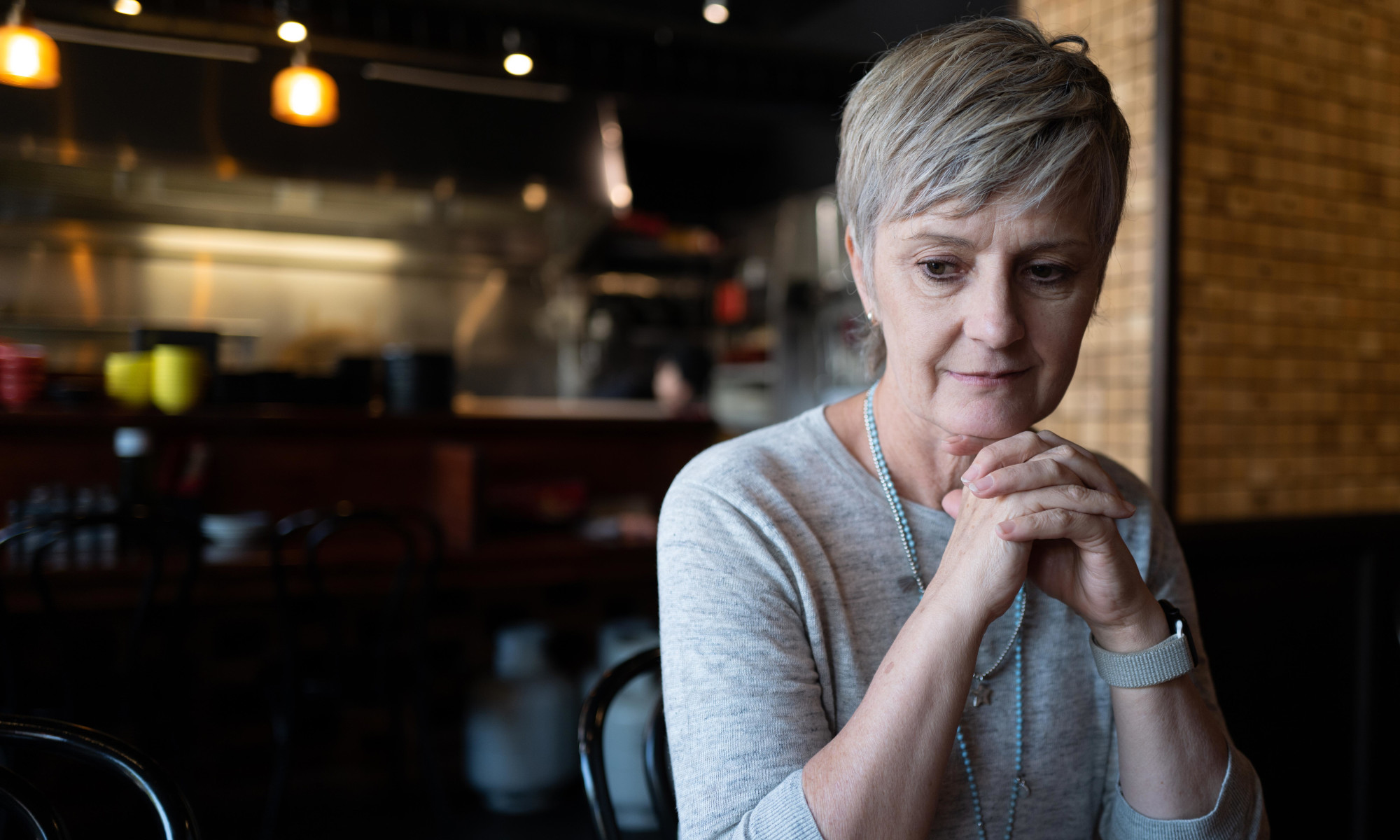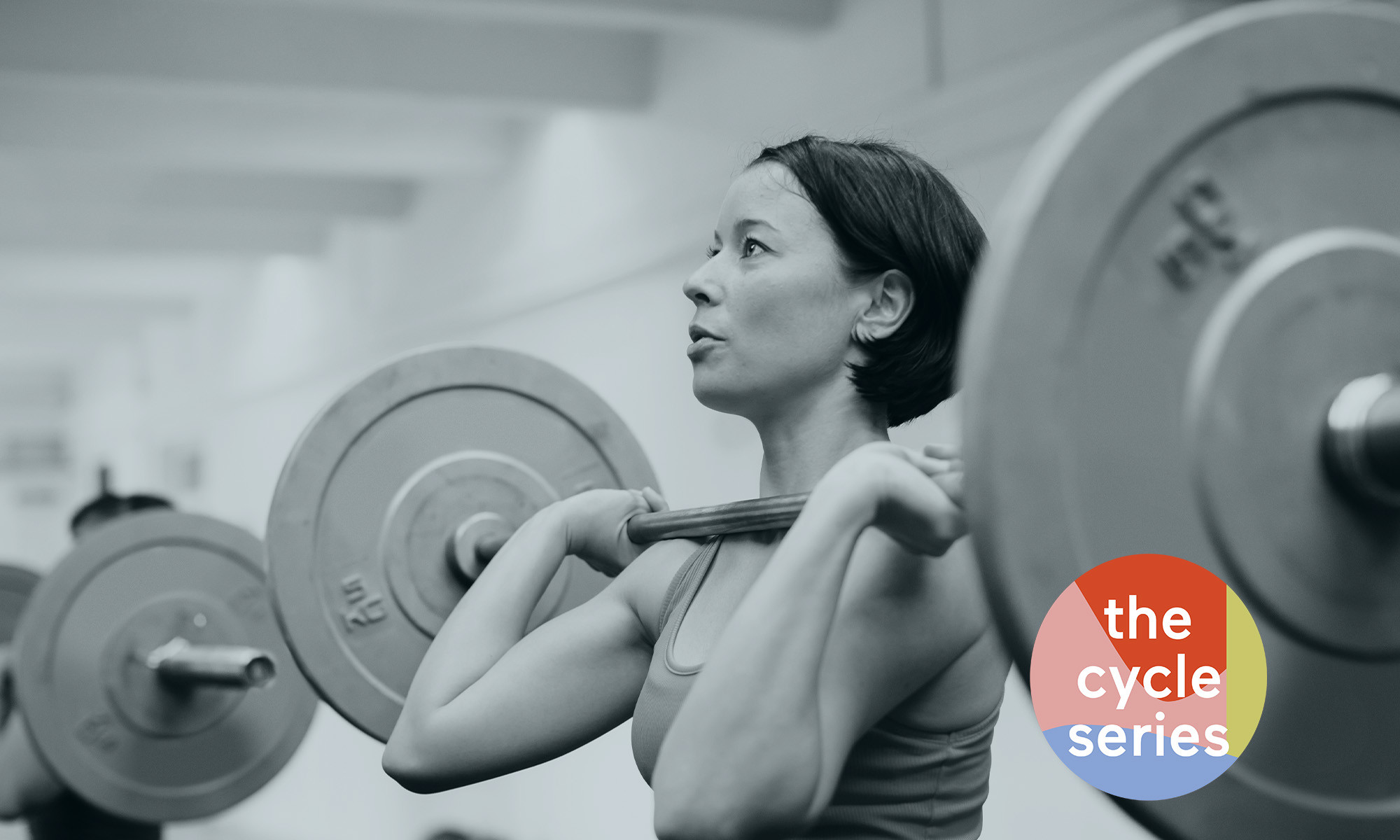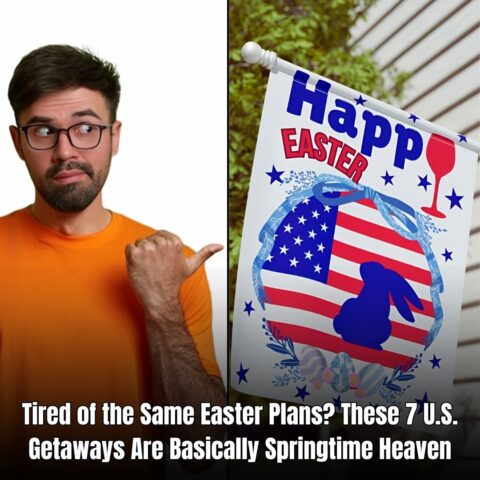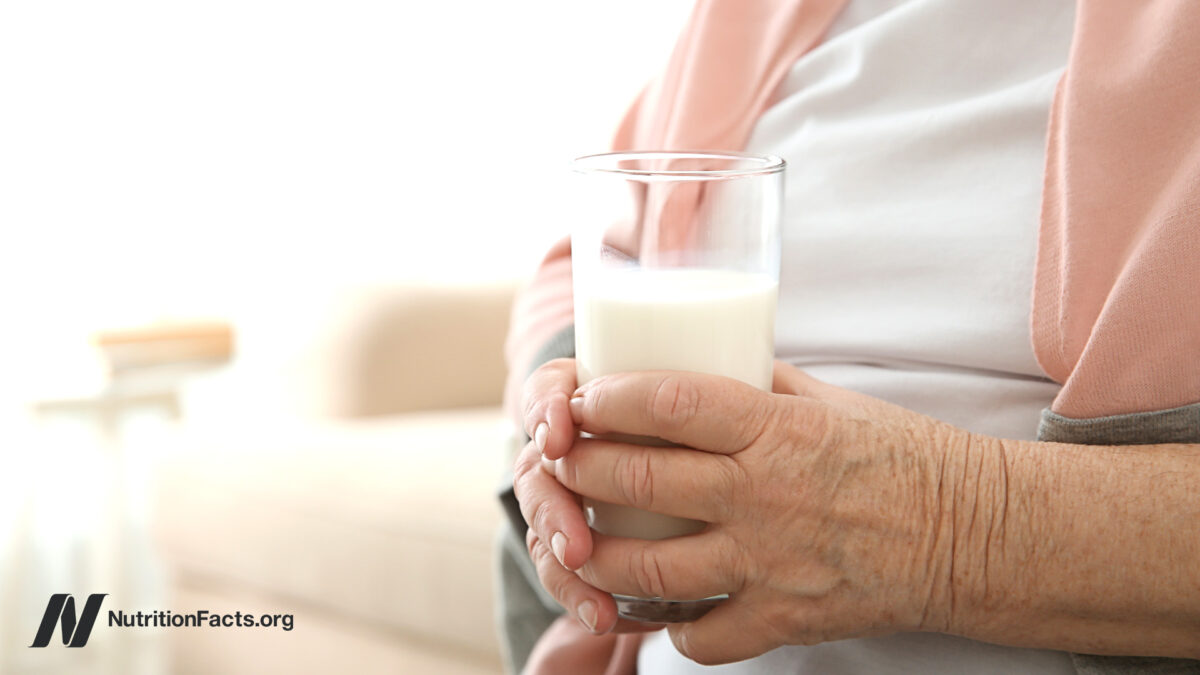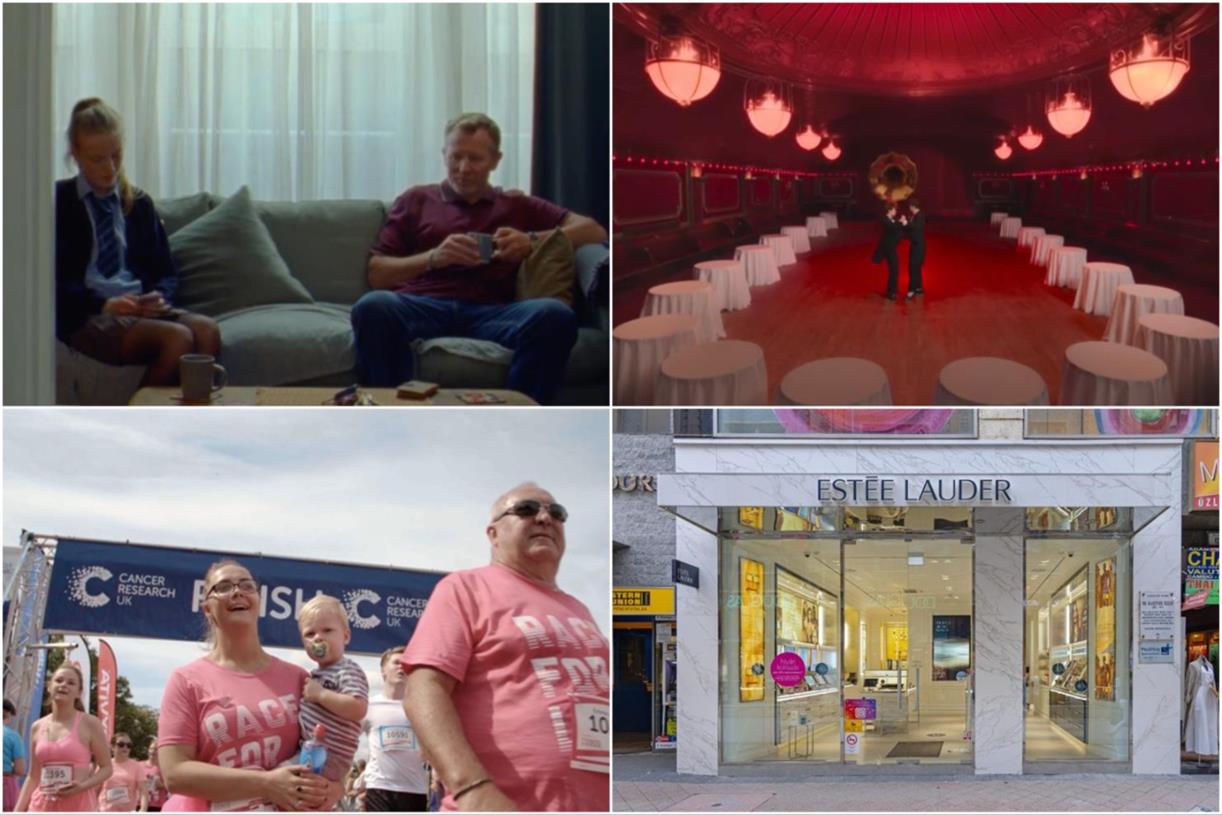The Faces of a Northern Ireland Zen Center
Are you a Protestant Buddhist or a Catholic Buddhist? This Belfast Zen center wants to be a place where the answer doesn’t matter. The post The Faces of a Northern Ireland Zen Center appeared first on Tricycle: The Buddhist...
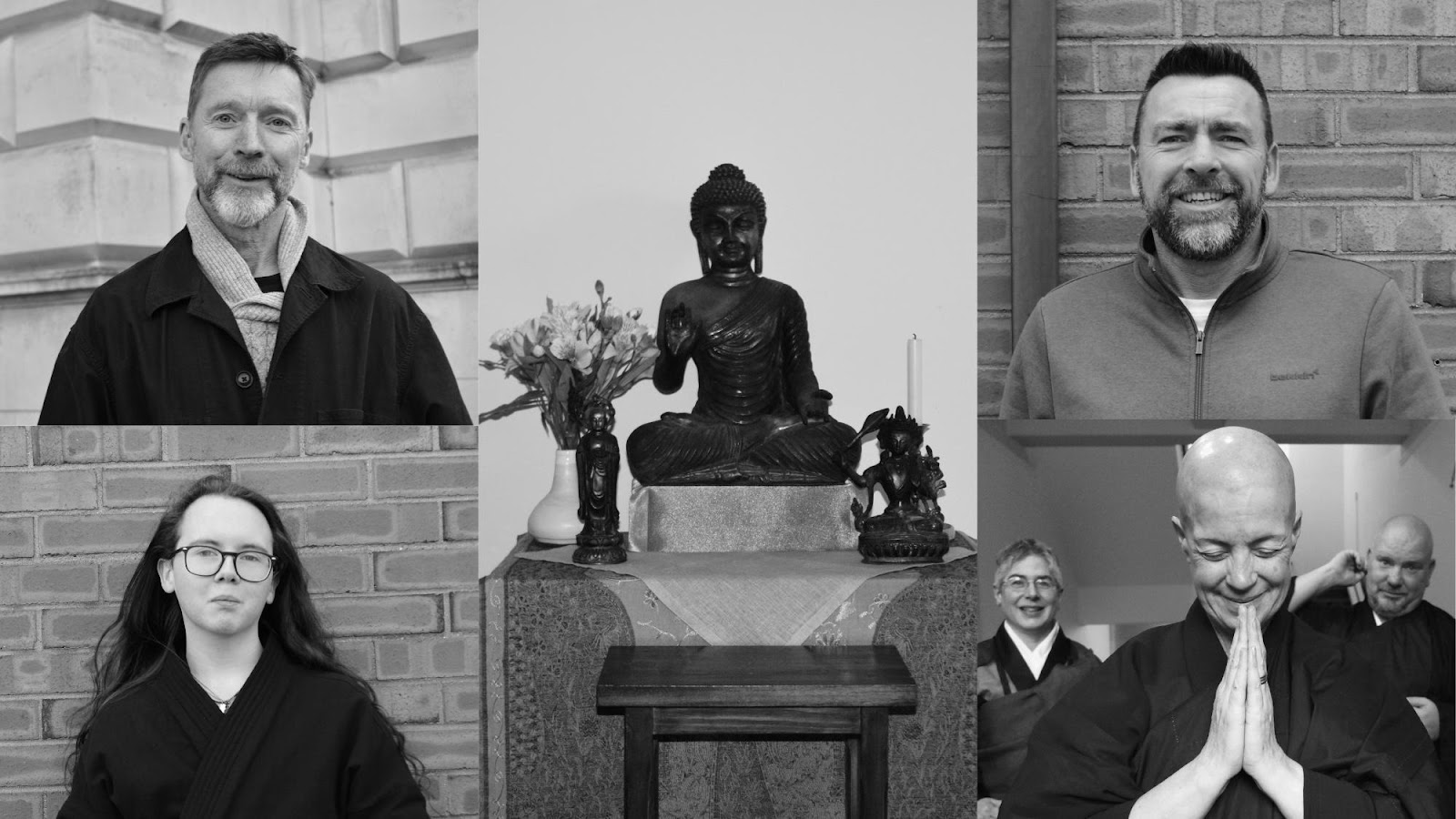
Even with her eyes closed and body coiled into a half lotus, Diana Ní Ruanaidh instantly recognizes her peers from the Black Mountain Zen Centre—by their footsteps—when they enter a room. The most easily discernible belong to Darren Kennedy, a 50-year-old British Army veteran whom Ní Ruanaidh can swiftly identify by “the soft tapping of his cane.”
At 17, Ní Ruanaidh is the youngest practitioner at the center, a fact only somewhat veiled by her three years of intensive experience and sagacious demeanor. Hailing from an Irish Catholic background, Ní Ruanaidh is the first and only Buddhist in her family. This summer, she will board her first transatlantic flight and move full-time to a monastery in California’s Carmel Valley. Someday, she endeavors to enter the Zen priesthood.
When he was in his late teens, Kennedy chose a very different path: enlisting in the British Army during the height of The Troubles, the three-decade sectarian conflict between predominantly Protestant unionists who wanted Northern Ireland to stay part of the United Kingdom and predominantly Catholic republicans who sought its integration into the Republic of Ireland. “It was difficult,” Kennedy says of the time. “You see and do things that stay with you for the rest of your life,” he adds, then pauses, then sighs.
Later this month, Ní Ruanaidh and Kennedy—a Catholic and a Protestant—will stand side by side as they take their Jukai vows together and officially commit to the way of the Buddha.
Black Mountain Zen Centre, named for the 1,275-foot basalt and limestone hill that overlooks the city, was founded in the Cathedral Quarter neighborhood of Belfast in 1999. From its inception, it aimed to be a cross-cultural hub where people from both the Catholic and Protestant communities could feel welcome.
That goal carries considerable weight in a city shaped by decades of sectarian strife. Though the Good Friday Agreement—a political deal created to put an end to paramilitary violence—was signed twenty-seven years ago, cross-cultural spaces remain rare in Belfast. Catholic and Protestant communities often live in divided neighborhoods, peace walls still slice through the city, and school segregation persists. Black Mountain Zen Centre’s desire to transcend the past highlights the unique power of Zen teachings in fostering unity.
While selecting a name for the center, cofounder Frank Liddy also thought intentionally about colors: “With the conflict in Ireland being orange and green, I thought, the name Black Mountain could be identified by both Protestants and Catholics.”
However, it wasn’t until a random act of arson in 2022 forced the center to relocate to a loyalist neighborhood that this vision of unity truly began to take shape.
 Djinn Gallagher at her 2013 Zen priest ordination. | Photo courtesy Djinn Gallagher.
Djinn Gallagher at her 2013 Zen priest ordination. | Photo courtesy Djinn Gallagher.“I was a cradle Catholic, not a cradle Buddhist,” says Djinn Gallagher with a laugh. But at the age of 7, still a young girl growing up in the Republic of Ireland, she decided that Christianity was “all a fairy tale.” At 32, she turned to Buddhism to manage what she calls “anxiety and anger at how the world was.” Now, nearly three decades later, Gallagher serves as the resident priest at Black Mountain Zen Centre.
“I always say to people, ‘This is a refuge from the divisive politics that hurt people so much,’ ” Gallagher continues.
When the center opened—just one year after the Good Friday Agreement—Gallagher notes that Catholics far outnumbered Protestants, a trend she attributes to perceptions of the center’s other founder, Paul Haller, who has Catholic roots. Notably, none of the center’s past or present members were born Buddhist; all came to the practice later in life. From the beginning, the center was intended as a “cross-community practice,” says Gallagher. “But something wasn’t working.”
“Some people come to sit zazen and go to Catholic Mass afterward.”
Then, on Oct. 3, 2022, an 18-year-old, later identified as Patrick Gough, torched the Cathedral Buildings—the red-brick edifice that originally housed the Zen center. According to police, Gough climbed unsecured scaffolding, slipped inside, and later stood below, grinning as flames consumed the facade. Police found Gough, who pleaded guilty to the crime, drunk and high at the scene. Later, Gough pleaded guilty for the crime—an act of arson with intent to endanger life.
After the fire, Black Mountain moved to 165 Donegall Pass, right near a mural of the British Union Jack. During The Troubles, Catholics and Protestants alike died near and around Donegall Road, the thoroughfare into which Donegall Pass feeds.
In 1972, often considered the deadliest year of The Troubles, members of the Irish Republican Army (IRA) killed British Army soldier Joseph Gold, 29, after he stopped their vehicle at a checkpoint on Donegall Road. In 1973, within a three-day span, loyalist paramilitaries killed two Catholic teenagers. Peter Watterson, 14, was shot at the corner of Donegall Road and Falls Road; Gabriel Savage, 17, was shot while walking along Donegall Road and later found lying on a nearby strip of grass.
 Left: A mural of the Union Jack furnishes a wall across the street from Black Mountain Zen Centre. Right: This mural dedicated to the Ulster Volunteer Force hangs just one street down from the center. Images courtesy of Bella Bromberg.
Left: A mural of the Union Jack furnishes a wall across the street from Black Mountain Zen Centre. Right: This mural dedicated to the Ulster Volunteer Force hangs just one street down from the center. Images courtesy of Bella Bromberg.Inadvertently, Gough’s act of destruction somewhat paved the way for the center’s growing mission of sectarian harmony. Relocating to Donegall Pass has brought the center face-to-face with a potentially underrepresented group in their sangha. Now, the “loyalist community is feeling like they’re more welcome,” says Gallagher.
* * *
According to the most recent census (March 2021), there are 1,542 practicing Buddhists in Northern Ireland, with 609 residing in Belfast. However, the census data does not distinguish between converts and lifelong Buddhists, making it difficult to determine how Buddhist identity manifests along sectarian lines. Though Gallagher never outright asks members about their background, and the center keeps no such records, she estimates that today Catholics and Protestants attend in roughly equal numbers.
“We now have one former British Army soldier,” Gallagher says, referring to Kennedy. “So that’s a big deal.”
Gallagher emphasizes that many members remain practicing Catholics, holding both their Buddhist and Christian identities simultaneously. “Some people come to sit zazen and go to Catholic Mass afterward,” she says.
Although the new building lacks the charm of the previous one—“There are ceiling tiles and horrible lights and oddly shaped rooms,” Gallagher laments—it features a much-needed elevator. Most of Black Mountain’s members are older, and Gallagher insisted the new space be accessible. They named the elevator the “John Taylor Elevator,” after a longtime member who recently died from multiple sclerosis.
Another challenge of the new site: It’s hard to forget about the violent history of a place when visual reminders materialize at every turn. Murals dedicated to the Ulster Volunteer Force (a loyalist paramilitary group) crop up frequently near and around the center.
“Terrible things happened in this area,” says Gallagher of their new neighborhood. “People were shot and killed here.”
 Diana Ní Ruanaidh eagerly anticipates her move to Tassajara Zen Mountain Center this summer. | Photo by Bella Bromberg.
Diana Ní Ruanaidh eagerly anticipates her move to Tassajara Zen Mountain Center this summer. | Photo by Bella Bromberg.“I grew up in a very loving Irish Catholic family,” says Ní Ruanaidh over a cup of midmorning tea at an outpost of Caffè Nero close to the center. Yet she did not feel genuinely in her element until she found Buddhism. “It felt like a homecoming,” she says of her first visit to Black Mountain.
Though Ní Ruanaidh waves her hands wildly while she speaks, her soothing voice and tranquil eyes balance out the frequent gesticulations to produce an overall equanimous manner.
Several pins adorn Ní Ruanaidh’s mahogany backpack. One reads “Queers for Palestine.” Another: “Stop Pollution.” Two flags also decorate the bag: the pink, blue, and white stripes of transgender pride, and the green, white, and orange ones of the Irish tricolor.
“I think there’s truth in everything, but not enough in Catholicism for me,” Ní Ruanaidh says. “I’m also very socially on the left, and so there was an incongruence there,” she adds.
Before discovering Zen, Ní Ruanaidh called herself “a shell of a person,” paralyzed by anxiety that left her unable to eat or sleep. “Then I met Djinn,” she says of the Zen center’s priest with a sigh of relief. “And I went to a place of neutrality and then to a place of self-love.”
Learning how to settle deeply into meditation—especially during moments of physical discomfort—has served as a parallel for Ní Ruanaidh on how to manage anxiety outside of the zendo. “You step over the threshold, bow to the altar, and everything disappears behind you. You give yourself completely to it. Even when you’re sitting for hours a day and your knees are aching and your ankles are sore—you just kind of give in to it, and with that I think comes a joy and an ease,” she says.
Outside of her Zen practice, Ní Ruanaidh works reception at Queen’s University. She decided not to apply to university herself, citing difficulties in school.
Her parents will miss her when she moves to California, but they support her choice. “When I talk about this, I just light up, and they can see that in me,” Ní Ruanaidh says.
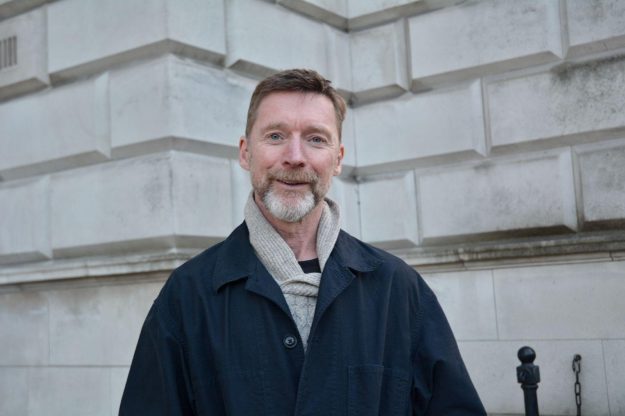 Paddy Harte, 58, leads weekly yoga classes at Black Mountain Zen Centre. | Photo by Bella Bromberg.
Paddy Harte, 58, leads weekly yoga classes at Black Mountain Zen Centre. | Photo by Bella Bromberg.Another Catholic member of the center is Paddy Harte. “Anyone named Paddy is definitely Catholic!” he quips when asked about his background.
Harte started practicing Zen at 23, shortly after his father died of cancer. The practice helped him manage his grief. Born and raised in Belfast, Harte grew up during The Troubles. “It was an adventure sometimes,” he says with a trace of nostalgia. “There was a thing called recreational rioting.” But the glamour wore off quickly. “The funerals and the hunger strike—that was at my doorstep as well,” he says.
Harte began meditating with Black Mountain Zen Centre at the end of the pandemic, a little over a year before the 2022 blaze. He’s noticed that while the move to Donegall Pass has drawn in more Protestant members, a few Catholic members have stopped attending.
Next to the Zen center sits a bar called “The Hideout,” known for attracting Ulster Volunteer Force loyalists. “Don’t go there,” Harte advises. “They will be able to tell you’re not from here.” He speculates that former Catholic members of Black Mountain might feel uncomfortable visiting the new location due to its proximity to this particular bar.
While Harte feels loyal to Black Mountain and has continued to practice at the new location, he hopes the center will eventually move again. “We’re not in a special place at the minute,” he says with a tinge of vexation. “And I think the outer can affect the inner.”
 Left: The Cathedral Buildings—Black Mountain Zen Centre’s pre-arson residence—await restoration. Right: Black Mountain Zen Centre now rents space in the Cromac Regeneration Initiative building on Donegall Pass. Images courtesy of Bella Bromberg.
Left: The Cathedral Buildings—Black Mountain Zen Centre’s pre-arson residence—await restoration. Right: Black Mountain Zen Centre now rents space in the Cromac Regeneration Initiative building on Donegall Pass. Images courtesy of Bella Bromberg.For Harte, the aesthetics of the center matter a great deal. “There’s a lot to be said about architecture,” he says. “Right now we’re in a converted office space.”
***
Like Harte, Black Mountain cofounder Frank Liddy dislikes the new building. “I think that building is pathetic,” Liddy says of Cromac Regeneration Initiative, Black Mountain’s current dwelling.
Liddy also notes that there has been a “significant drop-off”—over 50 percent of members stopped attending since the move in 2022. Liddy attributes this decline to the convenience of Zoom attendance in a postpandemic world rather than dissuasion due to the new location’s loyalist area. But Liddy maintains that “less is more,” and does not measure the success of the center by numbers alone.
“The seed of Zen has been planted in Belfast, and it will grow in its own time,” he says.
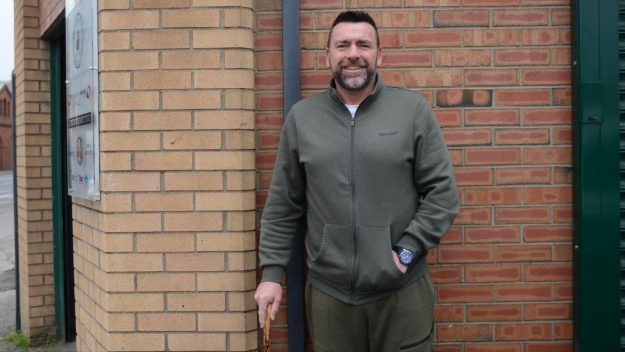 Since his diagnosis, Darren Kennedy has depended on a cane to support his walking. | Photo by Bella Bromberg.
Since his diagnosis, Darren Kennedy has depended on a cane to support his walking. | Photo by Bella Bromberg.During his first five-day meditative retreat with Black Mountain Zen Centre, Kennedy reflected on his strained relationship with his parents and their lack of belief in him since childhood. “They thought I was going to be a road sweeper,” Kennedy says. “Then I left a troubled home to join the army—and it was like going from a frying pan [into] a fire.”
After leaving the army, PTSD tormented Kennedy for years; at his lowest point, he attempted to end his life and subsequently spent time in a mental institution. He enrolled in therapy, including EMDR (eye movement desensitization and reprocessing), a technique that helps patients reprocess trauma. Then, at his psychologist’s suggestion, he tried meditation, which led him to Zen.
“It’s been marvelous,” Kennedy says, his olive-green eyes shimmering. “I’m just a completely different person than I was.”
A few years ago, Kennedy received a disheartening diagnosis: myalgic encephalomyelitis, a chronic fatigue and pain syndrome that weakens his joints and requires him to use a cane for balance and mobility; when he meditates, he sits on a spongy chair, rather than directly on the floor, out of somatic necessity. But Kennedy doesn’t view the illness as a disability—at least, not since Zen. Moreover, he now believes the condition has illuminated a new opportunity entirely: to recognize the beauty of the mundane.
“It’s forced me to slow down,” he says of the illness. As a result, Kennedy notices his surroundings more. “I see the birds. I smell the sea,” he says.
On a recent kinhin, a meditative walk, Kennedy passed by a scarred tree covered in moss. Examining its textured trunk, a thought entered Kennedy’s mind.
“You know, you can be damaged, and you can carry things, and they can attach to you from this life, but you can still be a good person. You can still stand, and be firm, and help others,” he remembers thinking.
Asked if he considers himself to be that tree—marred yet standing strong—Kennedy smiles, then nods, then laughs.
***
On a misty March morning at 7:00 a.m., Kennedy, Gallagher, Ruanaidh, and others sit in the modest office space that Black Mountain Zen Centre now calls home. Each faces the wall and softens their gaze. In the hush of the zendo, their breaths rise and fall like a tide. Protestant and Catholic, young and old, they gather not to forget the past but to sit with it, gently, in stillness. And in that quiet, something tender and unspoken seems to bloom—something like peace.

 UsenB
UsenB 







